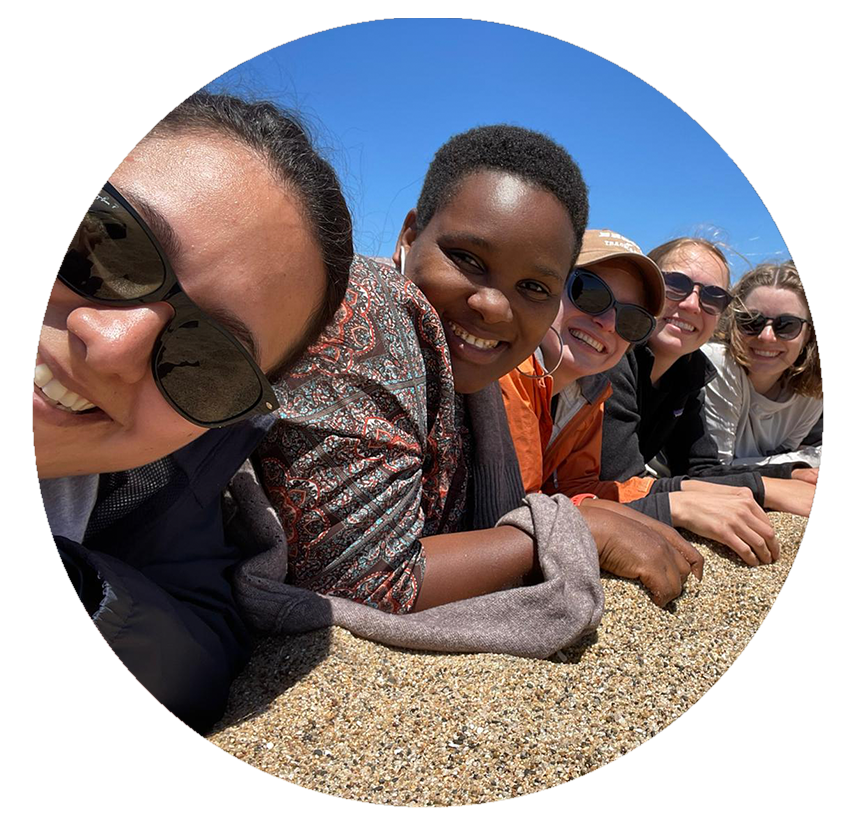WHAT IF...
We could eliminate mosquito and tick-borne diseases?
We Can
More than 1 billion of the world’s population is estimated to have been affected by mosquito and tick-borne diseases, called flaviviruses. Finding multiple ways to control and treat these diseases can alleviate suffering and help with economic growth of heavily affected countries.
Faculty Spotlight
Dr. Chris Barker describes how partner networks and new research are protecting vulnerable populations from mosquito-borne diseases.
Dr. Janet Foley discusses tick-borne disease like Lyme disease and Rocky Mountain spotted fever and how we can better prevent their transmission.
Addressing Flaviviruses at UC Davis Veterinary Medicine
Laboratory in Infectious Disease Ecology
Dr. Janet Foley’s laboratory studies the ecology and epidemiology of infectious diseases in animal and human populations, including tick-borne diseases.
Find out more about the work of the Laboratory in Infectious Disease Ecology
Barker Lab
The Barker laboratory uses quantitative methods to understand the epidemiology and ecology of mosquito-borne viruses. They create models that are field tested to produce knowledge and answers that are evidence-based and readily interpretable by policy-makers.
Find out more about the work of the Barker Lab
EpiCenter for Disease Dynamics
The EpiCenter for Disease Dynamics works globally to predict and prevent vector-borne diseases, including global flaviviruses like Zika virus and Japanese encephalitis.
Find out more about the work of the EpiCenter for Disease Dynamics
Vector Genetics Laboratory
With a major research focus on malaria in Africa, the Vector Genetics Laboratory is dedicated to research and training in the areas of population & molecular genetics, genomics, and bioinformatics of insect vectors of human and animal disease, and is working to find ways to stop malaria.
Find out more about the work of the Vector Genetics Laboratory

Global Health
"The school’s Rx One Health field course presented itself as the perfect opportunity to learn about the connectedness of things. For example, we learned how maintaining healthy watersheds is crucial to maintaining healthy ecosystems and communities."
— Peruvian Ph.D. student Andrea Lavarello Schettini, DVM, MPH, (left) with Rx One Health classmates
Let’s do it…together
Help make these “What ifs” a reality.
